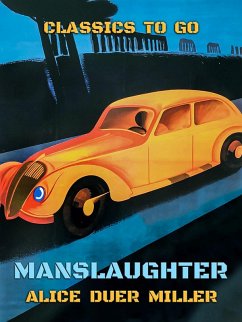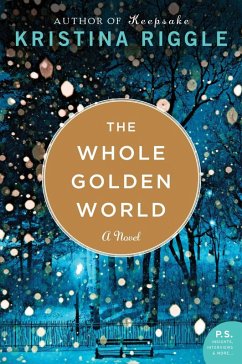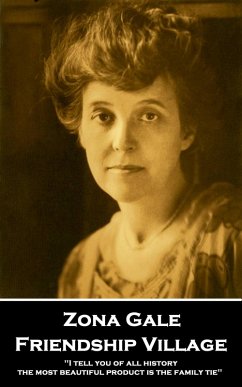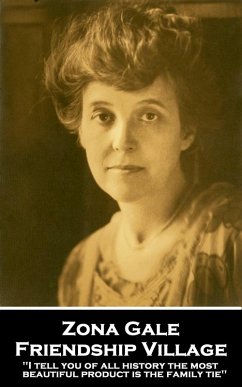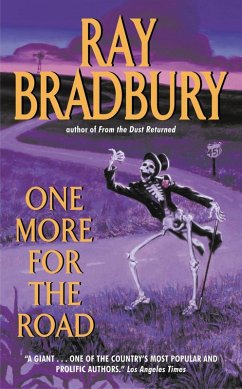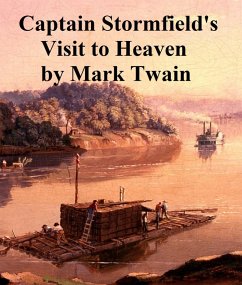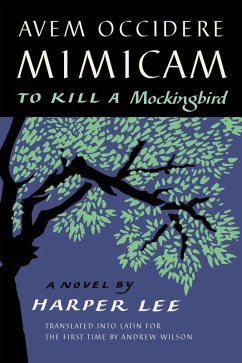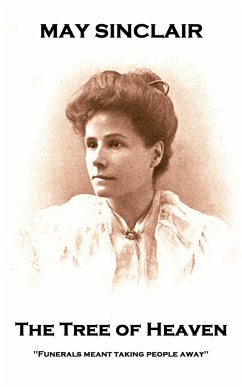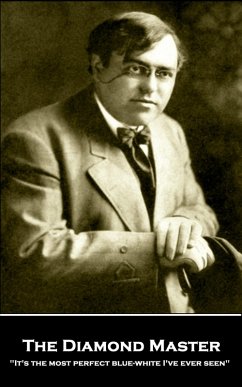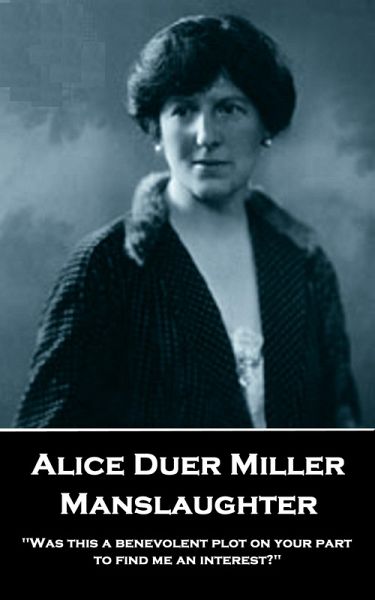
Manslaughter (eBook, ePUB)
'Was this a benevolent plot on your part to find me an interest?"

PAYBACK Punkte
1 °P sammeln!
Alice Duer was born in New York City on July 28th, 1874, the daughter of James Gore King Duer and Elizabeth Wilson Meads.She entered Barnard College in 1895, to study Mathematics and Astronomy. She sold novels and essays to help defray some of the costs.On October 5th, 1899, she married Henry Wise Miller at Grace Church Chapel in New York City. They moved to Costa Rica, to cultivate rubber, an enterprise which eventually failed. In 1903 the family, now with a young son, returned to New York. The marriage lasted her entire lifetime but unfortunately was not as peaceful as she wished for.Alice w...
Alice Duer was born in New York City on July 28th, 1874, the daughter of James Gore King Duer and Elizabeth Wilson Meads.
She entered Barnard College in 1895, to study Mathematics and Astronomy. She sold novels and essays to help defray some of the costs.
On October 5th, 1899, she married Henry Wise Miller at Grace Church Chapel in New York City. They moved to Costa Rica, to cultivate rubber, an enterprise which eventually failed. In 1903 the family, now with a young son, returned to New York. The marriage lasted her entire lifetime but unfortunately was not as peaceful as she wished for.
Alice was a successful social activist, and brought attention to issues through her work. She published, in the New York Tribune, a bitingly clever and satirical series of poems on women's suffrage. These were then published in 1915 as 'Are Women People?' A further collection on the subject 'Women Are People!' followed in 1917.
She published her first successful novel in 1916 'Come Out of the Kitchen'. It was turned into a play and, in 1948, a movie. Many further works followed. Perhaps her best work was the 1933 novel in verse 'Forsaking All Others'. Many more of her stories were acquired by the Hollywood studios including 'Are Parents People?' (1925), 'Roberta' (1935), and 'Irene' (1940). These took her to Hollywood where she also worked on a number of other screenplays.
In 1940, she published an incredibly successful verse novel 'The White Cliffs', the story of an American girl who visits London as a tourist and there meets and marries a young upper-class Englishman just before World War I. It sold almost a million copies before being turned into a radio broadcast and, of course, a movie.
Alice Duer Miller died onAugust 22nd 1942 and was interred at Evergreen Cemetery in Morristown, New Jersey.
She entered Barnard College in 1895, to study Mathematics and Astronomy. She sold novels and essays to help defray some of the costs.
On October 5th, 1899, she married Henry Wise Miller at Grace Church Chapel in New York City. They moved to Costa Rica, to cultivate rubber, an enterprise which eventually failed. In 1903 the family, now with a young son, returned to New York. The marriage lasted her entire lifetime but unfortunately was not as peaceful as she wished for.
Alice was a successful social activist, and brought attention to issues through her work. She published, in the New York Tribune, a bitingly clever and satirical series of poems on women's suffrage. These were then published in 1915 as 'Are Women People?' A further collection on the subject 'Women Are People!' followed in 1917.
She published her first successful novel in 1916 'Come Out of the Kitchen'. It was turned into a play and, in 1948, a movie. Many further works followed. Perhaps her best work was the 1933 novel in verse 'Forsaking All Others'. Many more of her stories were acquired by the Hollywood studios including 'Are Parents People?' (1925), 'Roberta' (1935), and 'Irene' (1940). These took her to Hollywood where she also worked on a number of other screenplays.
In 1940, she published an incredibly successful verse novel 'The White Cliffs', the story of an American girl who visits London as a tourist and there meets and marries a young upper-class Englishman just before World War I. It sold almost a million copies before being turned into a radio broadcast and, of course, a movie.
Alice Duer Miller died onAugust 22nd 1942 and was interred at Evergreen Cemetery in Morristown, New Jersey.
Dieser Download kann aus rechtlichen Gründen nur mit Rechnungsadresse in D ausgeliefert werden.




